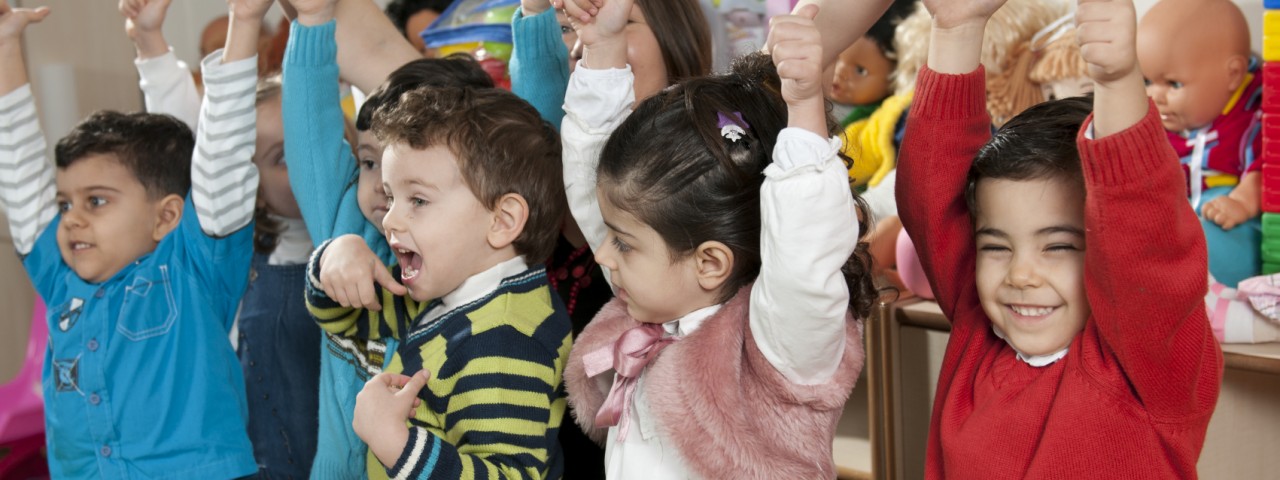Safe and Supportive Adults and Environments
- Tweet

Infant mental health refers to the healthy mental, social, and emotional development of very young children. The development of this core area of wellness from birth through age three reaches far into adulthood. As young children we build the foundation for our lifelong abilities to make friends, keep our cool in stressful situations, and even understand our own unique personalities.
Children learn by exploring their environments. When they drop spoons from their high chairs, they begin to learn about gravity. Through cuddling with parents, tasting new foods, and riding in a stroller, they learn about different smells, sounds, textures, tastes and colors. In the process of learning that it is safe to explore, they also begin to learn how to manage their emotions and behaviors and the values and practices that are important in their environment.
Through everyday activities, and through their patience and love, parents can be the key to encouraging healthy development.
Parents can:
- Respond: Responding to children's distress and creating an environment of care and support helps children to develop their ability to calm themselves down as they grow older.
- Create a sense of safety: Children thrive in environments where they know they are safe and supported to explore and learn.
- Encourage resilience: As much as we would like to protect our children from any hurt they might face, there are benefits to a skinned knee. Learning to overcome mild disappointments and difficulties early in life lays the foundation for being able to overcome greater challenges later. Feeling connected to others, developing self-confidence, experiencing success and helping others overcome challenges are all aspects of resilience.
- Help others together: Helping others is a good way for children to feel connected to others and builds their self esteem. Helping others as a family is a good way to help children learn and express responsibility and learn that they can make a difference.
- Grow positive behaviors: Children do better when they have the structure of clear and consistent expectations where they can learn how they are supposed to act. Child behavior experts tell us that positive responses to a behavior from supportive adults will increase the likelihood that the child will repeat that behavior. Catching your child being good by commenting on things they do that you like will help them increase positive behaviors and learn that certain behaviors are valued over others.
- Help your child find something they do well: It is important for children to know that their actions can lead to good outcomes. Providing them with opportunities to explore different activities. Also providing your children time with other children their age can help them learn that they can make friends and build a support system.
- Accentuate the positive: Young children tend to personalize the information they get from their caregivers, so it is important to accentuate the positive you see in your child. Every correction or negative comment should be matched throughout the day by five positive comments or encouraging statements.
Here are some additional resources for promoting healthy social and emotional development:
